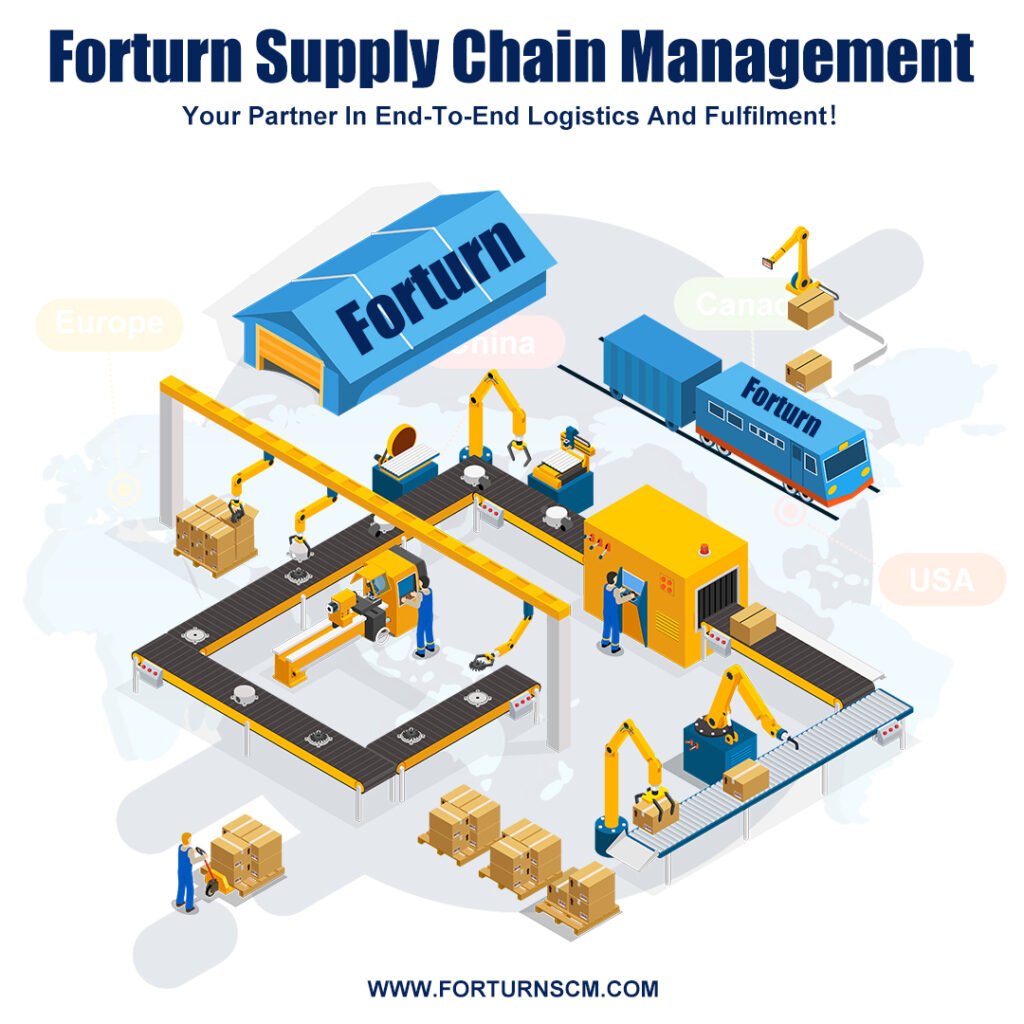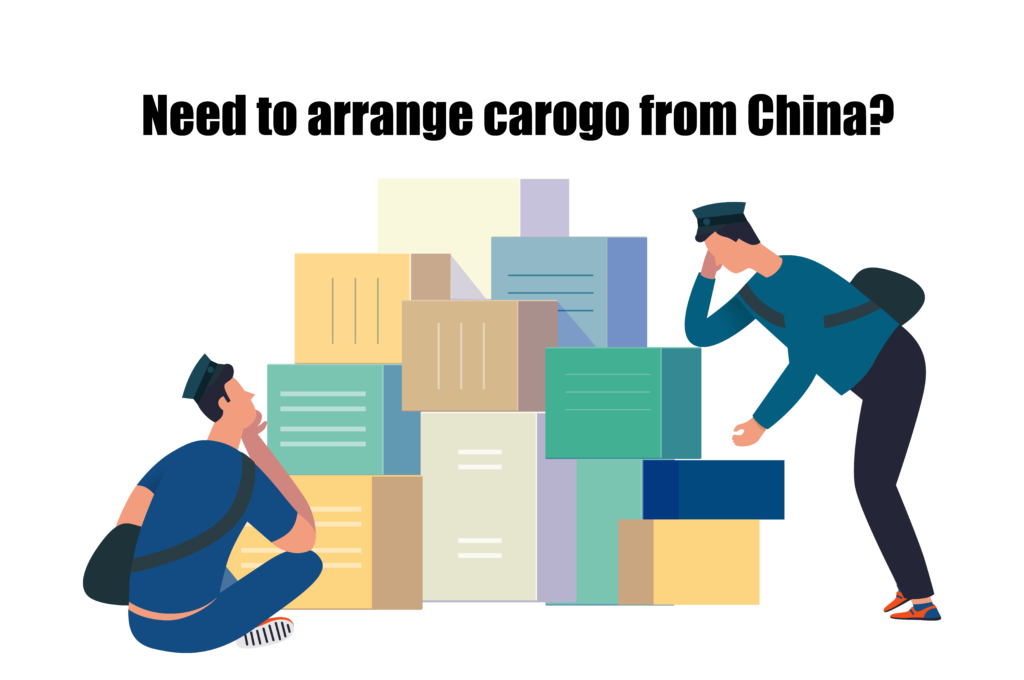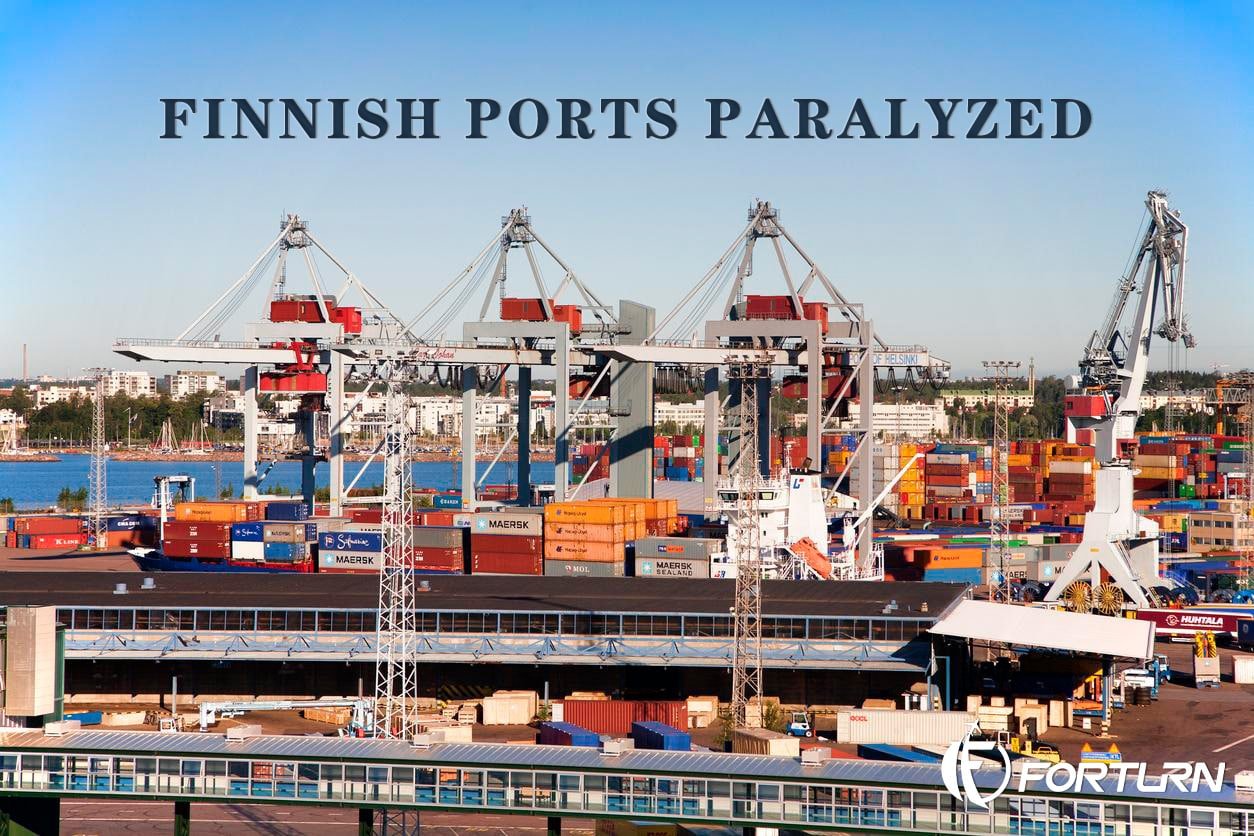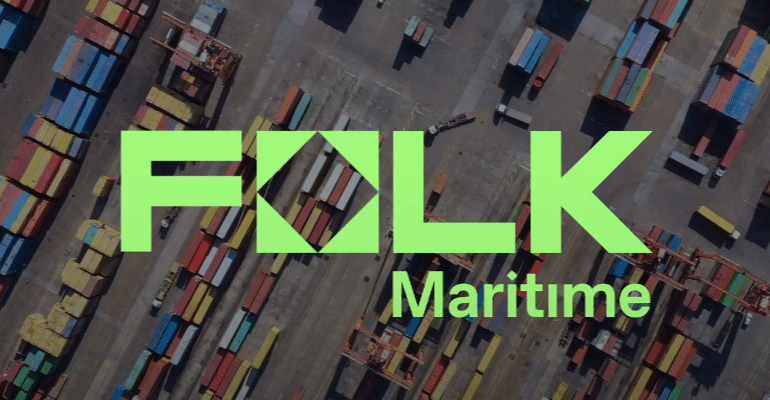Great reversal! IKEA quickly sold the new containers ordered last year and gave up the container self-operated strategy
In the past two years, the global shipping market has been tight and the supply chain has been disrupted. Retail giants in Europe and the United States have invested heavily in building containers to open shipping routes, and some even directly established their own shipping companies to ensure the safety of their supply chains. The market was crazy and the companies also wanted to grab resources from the market. However, this year, the style of the market has changed abruptly. The transportation capacity has rapidly changed from a shortage of supply to an oversupply, and the freight rate has plummeted by 80% to 90%. So the giants began to review themselves, and the first one was the global furniture retail giant IKEA.

Recently, IKEA announced that it had sold the newly purchased containers last year, and said it would completely abandon the container self-operated strategy. In order to find a way to explain this decision-making error, the giant said that it announced the abandonment of the container self-operated strategy in order to better focus on other solutions.

However, going back to September last year, we saw that IKEA, which was caught in the difficulty of its transportation capacity and supply chain, announced: IKEA has purchased its own containers in order to solve the transportation capacity and protect its own supply chain security and chartered vessels of its own. IKEA hopes it can capture more of the market, including its furniture and logistics. IKEA recently wrote in a reply to the media that IKEA purchased boxes and leased ships in 2021 with the purpose of shipping out the company’s goods, and has now left the container market.
As a furniture retail giant with 474 warehouses worldwide and annual revenue of nearly 42 billion euros, IKEA pointed out that during the winter 2021 container shortage, they decided to temporarily purchase containers to support our shipping partners-container carriers. But after the shortage period passed, they sold the cargo, and IKEA did not intend to develop this business model in the long term.
IKEA has now given up container ownership, but other companies have gone the opposite way to gain control of international shipments. In April, Lidl, one of the world’s largest retailers, announced the launch of its own container shipping company, Tailwind Shipping Lines. In response to supply chain challenges, this way can reduce delays in product deliveries and avoid high shipping costs. At the end of August, Wiking operated by Tailwind completed its first sailing.










